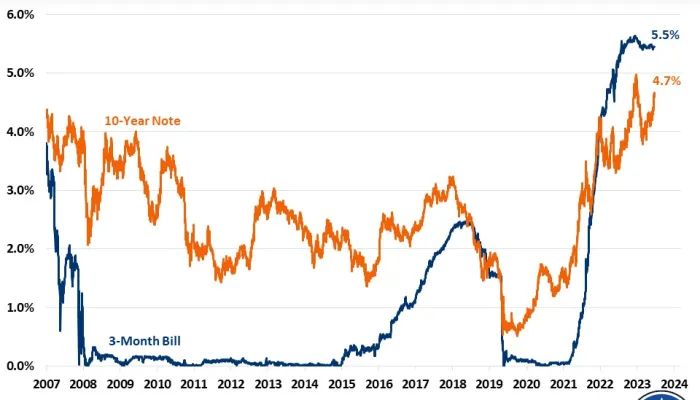Senate Armed Services Committee Report
As our nation’s debt continues along its unsustainable path, it has become increasingly essential for a comprehensive fiscal plan that targets all areas of the federal budget—including defense.
The Senate’s Armed Services Committee issued a report along with its version of the fiscal 2012 defense authorization bill (S. 1253) that urges the Marine Corps to reconsider its plans for development of new amphibious-armor vehicles, calling the current thinking “misguided and too expensive.” The report orders a halt on further development of the Marine Personnel Carrier until completion of an analysis on alternatives to the Expeditionary Fighting Vehicle (EFV), which was terminated earlier this year by Secretary Robert Gates because of cost issues. In addition to this analysis, the Marine Corps is expected to conduct a cost assessment for its entire portfolio of ground vehicles.
The report asserts that the Marines’ amphibious vehicle plans are not affordable even without the EFV because these new vehicles are “far more complex and significantly more expensive than their predecessors,” according to CQ Budget Tracker. The Senate committee report states, “in view of the coming austerity, the Marine Corps will have to make difficult trade-offs in multiple areas.”
The trade-offs facing the Marine Corps are just one part of the larger cutbacks facing the Department of Defense. Incoming Defense Secretary Leon Panetta will continue the comprehensive review of Defense spending already begun by Secretary Gates identifying ways to achieve the $400 billion in savings over 12 years called for in the President’s Budget Framework. Panetta plans to continue reviewing military pay and benefits structure and reduce the cost of expensive weapons programs—suggestions straight from Sec. Gates’s playbook.
Tough decisions will have to be made as leaders in Congress as well as the Pentagon work to reduce defense spending while ensuring that our troops have the resources needed to protect our nation’s security.


